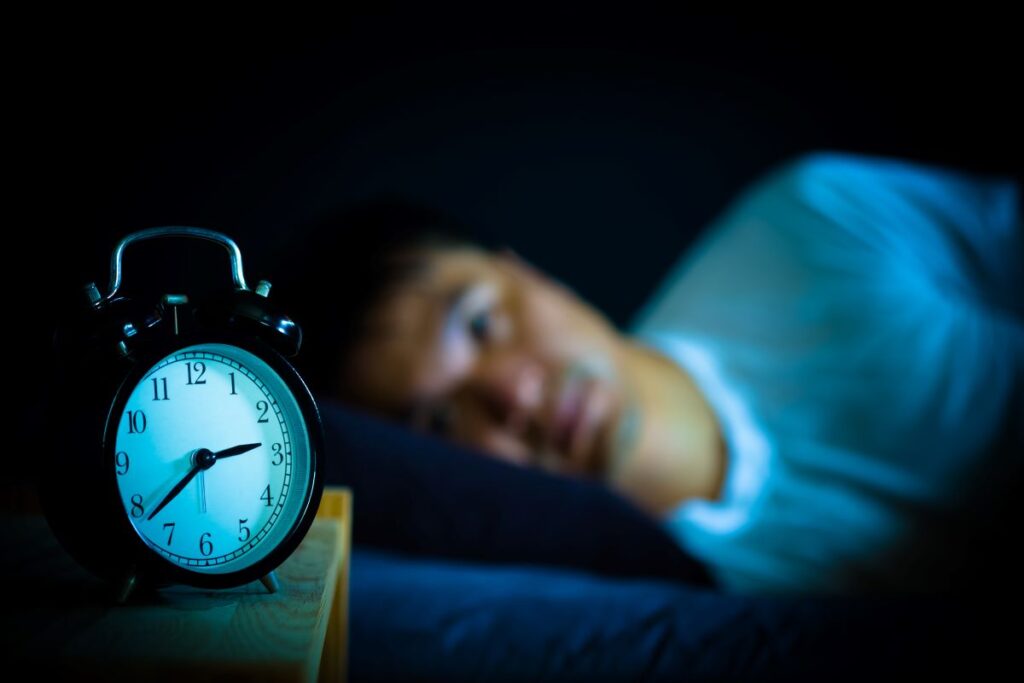
When it comes to recharging the body and staying awake and alert during the day, there’s nothing more important than sleep. To function properly, the CDC recommends that adults get between seven and eight hours of uninterrupted shuteye each night, but for those with obstructive sleep apnea (OSA) and central sleep apnea (CSA), getting the minimum hours of required rest can be a big challenge.
CSA and OSA occur when you struggle to breathe as you sleep. With CSA, your brain fails to signal your body that it needs to continue to breathe, while with OSA, your airway collapses while you are in a reclined position, making it harder to inhale and exhale.
(more…)